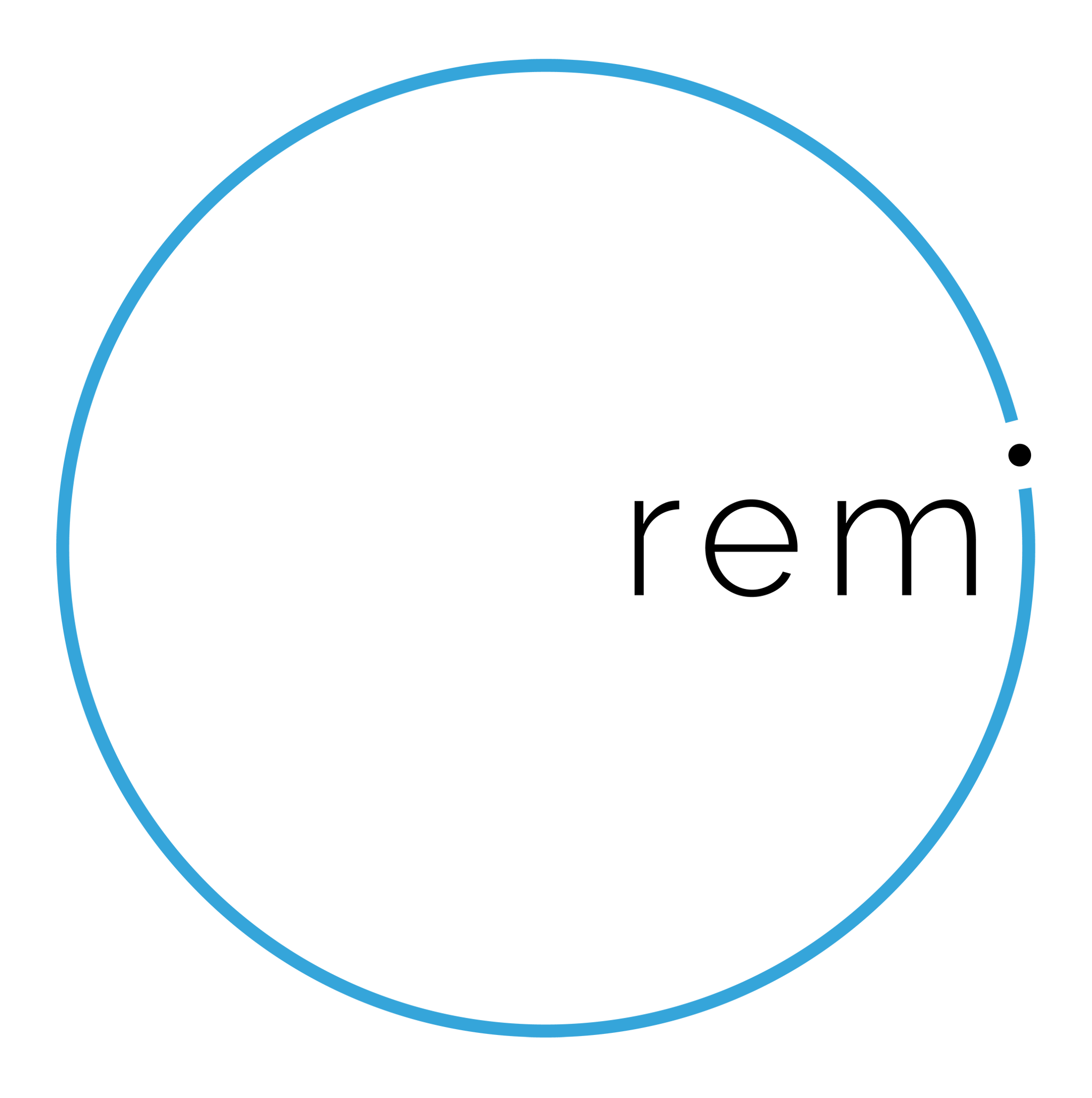We know users are on these platforms, and potential customers are looking for products and services like yours. So if you aren’t running campaigns on Facebook Ads and Google Ads just yet, now is the best time! If you already are, make sure that your ads management adheres to existing best practices to ensure your campaign performance—and of course, business growth. Here are 4 things to know about digital ads management!
Why Advertise Online?
Digital platforms offer cost-effective advertising options to deliver your business objective—whether that is to drive awareness of your new brand, get more leads for your service, or generate sales for your new products—within the limitations of your advertising budget.
Compared to traditional advertising, digital advertising has the following benefits:
- Affordable. You don’t need a minimum spend to run campaigns on Facebook Ads or Google Ads. Set the budget you only want to spend, run it for a set duration, and you can rest easy. You don’t have to pay more than what you are willing to!
- Real-Time. Or close enough to real-time. Facebook Ads and Google Ads are able to report actual performance of your campaign with little delay, meaning you can closely monitor how your campaign is doing. Ads management becomes easy because you can easily move budgets when certain offers are performing better, or stop the campaign altogether if you need to.
- Personalized. Compared to usual advertising platforms, digital advertising lets you target people using multiple identifiers that ensure you are marketing to the right people. Whether it’s based on demographics, location, interests, or even previous customers, you can specify segments you want to target and only talk to them, meaning you only show—and pay for—advertising to people who matter most to your business.
- Measurable. Gone are the days when you had to figure out how many eyeballs saw your billboard or flyers. With ads management platforms, you are able to see exactly how many times your Facebook Ads or Google Ads appeared, where, and how many people clicked on them. If you have the proper tracking tags in place, you are even able to see how many people converted on your website—that is, how many people took actions valuable to you, such as booking an appointment or purchasing a product. This way, you know exactly where your advertising budget is going, and you can spend smarter when you run your campaigns!
Challenges of Digital Ads Management
One of the things that may hinder a business owner from trying out digital ads is the learning curve it takes to be able to run campaigns. Digital advertising has a lot of jargons like impressions, bid strategies, and negative keywords. This may take some time to learn, but understanding them is key to making sure you also make the most out of your digital investments.
The Basics of Digital Ads Management
Whichever platform you choose to run your ads, the building blocks of a successful campaign are the same.
- Your business goal. As with any marketing campaign, you must be clear with the business goal you want to achieve. What business metrics matter to you? Are you driving awareness for your new service, or are you driving sales for an existing product you have? Knowing this before you start implementing your campaign is crucial to know which metrics you will also be monitoring.
- Your channels. Just like how retail brands have their brick-and-mortar stores, you must have your digital channels in place before you even run a campaign. Do you have a website? What social media platforms do you have? If you have a Facebook page, do you post regularly so they know that you are active? Following your business goal, identify where you need to drive your potential customers. For example, when they click your ad, do they get redirected to your website to buy a product you are selling? Make sure your digital channels are available so your potential customers can find out more about whatever it is you are advertising.
- Your budget. While Facebook Ads and Google Ads don’t have a minimum spend required to be able to run ads, you need to identify how much you are willing to pay before you implement your campaign. You can always scale this amount up or down whenever you like depending on the performance, so don’t worry about spending too little or too much! The key is monitoring your campaign and learning from it.
- Your target audience. Take advantage of the myriad targeting options you have on Facebook Ads or Google Ads to zoom in on your target audience—but don’t be too specific! An effective targeting method is using interests or categories related to your brand. If you have existing customers, you can upload your database and create lookalike audiences. Facebook Ads and Google Ads are able to look for people similar to your existing customers, and can show them your ads!
- Your creatives. Of course, in order to run your campaign, you will need your ads. All ads need compelling copies that encourage potential customers to click and convert. Often, you will also be asked for artwork. Make sure to feature visually appealing images or videos that clearly communicate your brand, product, or service.
Once you have these five key things in place, you’re ready to implement your ads to whatever digital platform you choose!
Facebook Ads, Google Ads, or something else?
Why use each platform? There are advantages and disadvantages for each, but a good guideline is to advertise where your potential customers are.
- Facebook Ads. There are 26.27 million Facebook users in Canada as of April 2021. Facebook users spend around 40 minutes per day in the app, and this is an opportunity for you to have them discover your brand.
- Google Ads. Google Ads enables you to run ads on Google properties such as Google Search (Google.com), YouTube, and Google Display Network (GDN)—a group of over 2 million websites, videos, and apps where your Google Ads can appear.
- Custom ad solutions. There are other platforms where you can run your ads. Twitter, Pinterest, and LinkedIn also have advertising capabilities, and it’s just a matter of defining who your target audience is and where they spend their time online to make sure you are advertising on where they spend time on.
We hoped you enjoyed this article, “4 Things To Know About Digital Ads Management.” If you have any questions or you’d like to schedule a Discovery Call, simply contact us. We can help you grow your business!
Interested in learning more about digital advertising platforms like Facebook Ads and Google Ads? Need custom ad solutions? Download our free Digital Advertising Solutions guide!
Before you go, check out other FREE sources available on our website!

